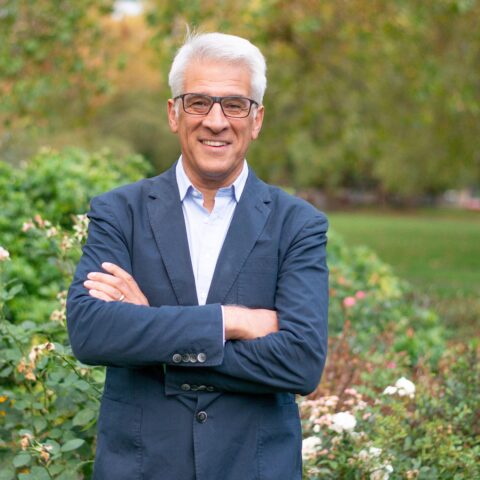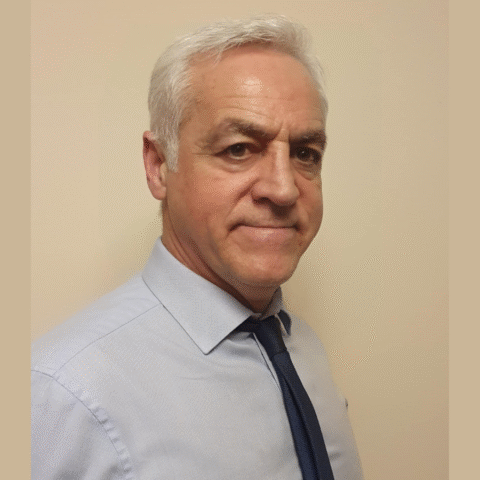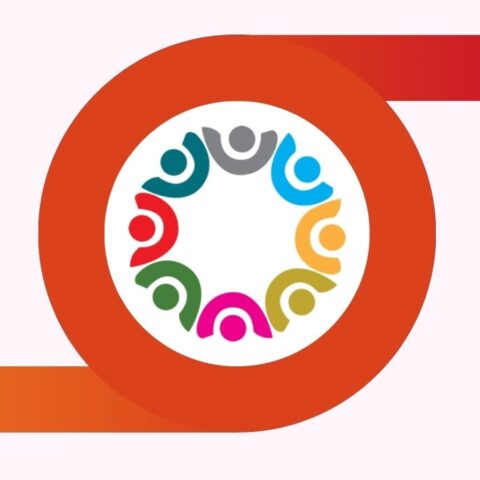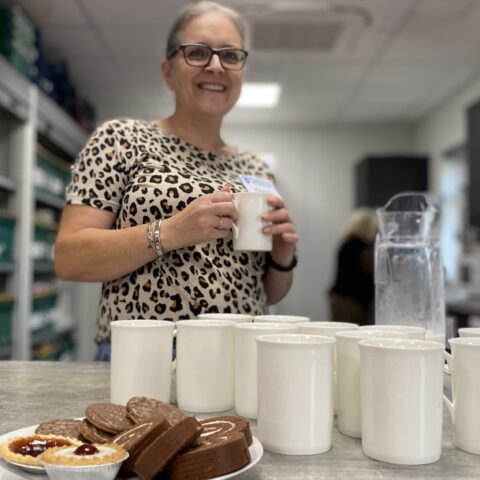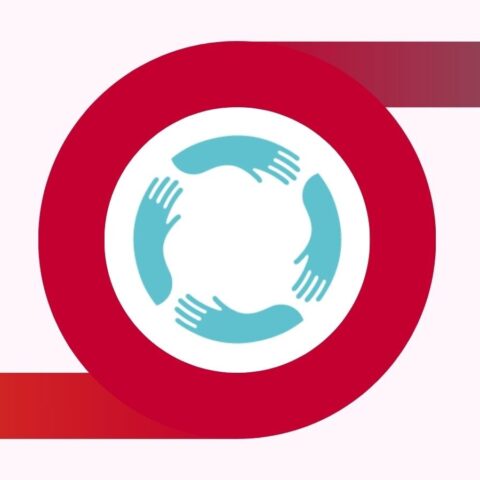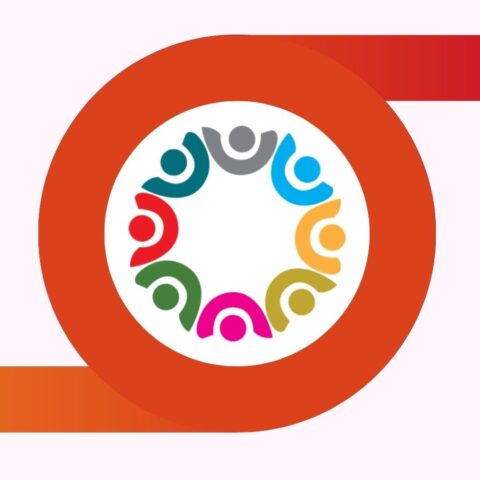Join us for a one-day course on Trauma Informed Practice, equipping faith & community groups with skills to recognise and respond to trauma among people in our communities.
Delivered by the Merseyside Violence Reduction Partnership (MVRP), this training draws on scientific research to explore the neurobiology of trauma and its impact on the brain and body.
This course centres on six key principles: Understanding trauma and stress, compassion and dependability, cultural humility and responsiveness, safety and stability, collaboration and empowerment, and resilience and discovery.
We’re pleased to provide a vegetarian lunch for all attendees as part of the day, on Wednesday December 11th at Front Line Church in Wavertree. The event is free, but donations are warmly appreciated where possible to help cover lunch costs – suggested donation £7.
Abigail Huthwaite, Trainer with MVRP who will deliver the session said: “This course offers an opportunity to deepen your understanding of trauma and its far-reaching effects. By learning how to recognise and respond to trauma, participants will be better equipped to create compassionate, healing environments. Our goal is to empower community groups to become champions of curiosity and care, making a real difference in the lives of people across Merseyside.”
Read below for a Q&A with Abi about the course.
This event is organised by Together Liverpool as part of the Network of Kindness project, also in partnership, with Micah, St Andrew’s Community Network, and Imagine If. It is open to charity, public sector, or non-profit organisations. Attendees must be based in Merseyside.
Rev. James Green, Executive Director of Together Liverpool and the Network of Kindness, said: “Through the Network of Kindness, we believe in the power of community and compassion. This training is a vital step in helping faith and community groups understand trauma and its profound impact. By equipping leaders with the tools to recognise and respond to trauma, we can foster healing and hope across Merseyside, creating environments where everyone feels supported and valued.”
Course Highlights
- Trauma Awareness & Empathy: Understand how early childhood trauma (ACEs: Adverse Childhood Experiences) impacts people across their lives
- Science-Based Understanding: Learn the neurobiology of trauma and how the brain and body react to trauma
- Building Healing Environments: Discover ways to foster healing, resilience, and trust within your community
We will explore vulnerability, brain development, connection, and emotional regulation, alongside the window of tolerance and Polyvagal theory. Participants will learn skills to recognise feelings, build trust, and understand trauma’s impact on the brain and body.
We’ll also cover intergenerational trauma, attachment, and neuroception, with insights on embedding trauma-informed approaches and fostering curiosity in community settings.
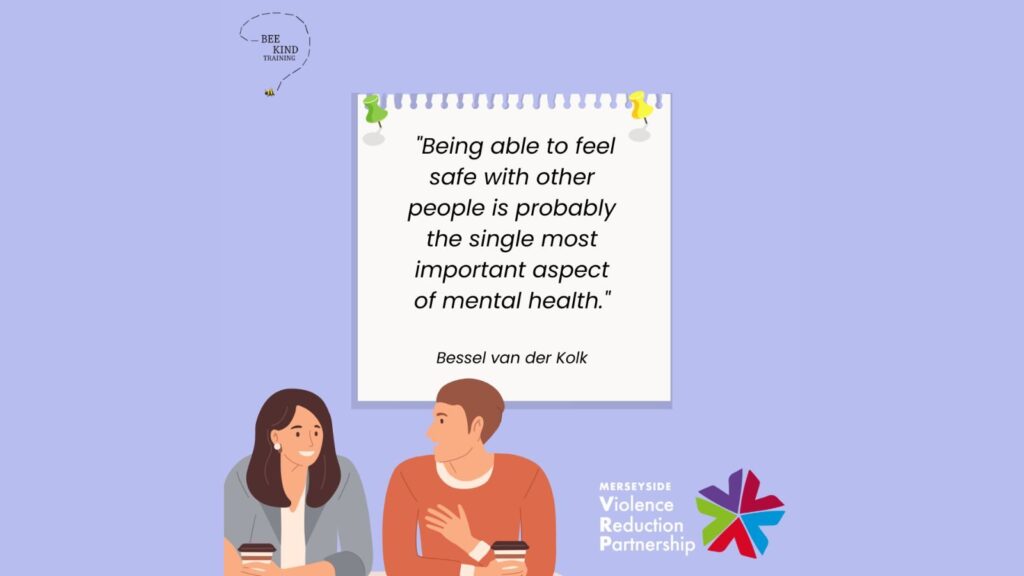
Q&A with MVRP Trainer Abigail Huthwaite:
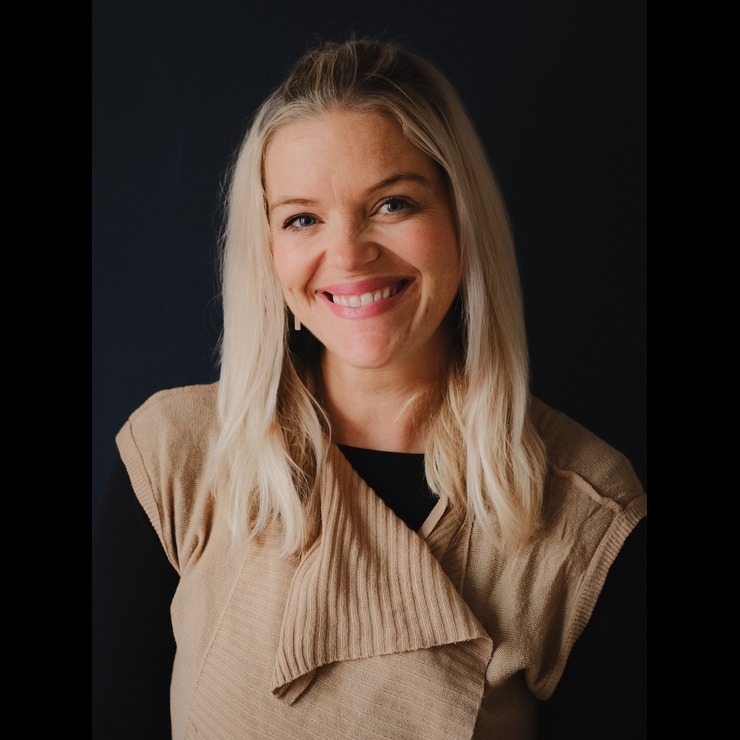
“Trauma is more common than many people think, and its impact can last a lifetime. Faith and community groups are often on the front lines, supporting people who have experienced trauma, whether they realise it or not. Trauma-informed training gives these groups the knowledge and tools they need to recognise trauma and respond in ways that promote healing, trust, and resilience.”
“Our approach blends the latest scientific research on the neurobiology of trauma with practical, real-world strategies. This course is specifically tailored for faith and community groups, focusing on creating compassionate, trauma-sensitive environments. It’s not just about theory—we provide hands-on tools that you can apply immediately in your work.”
“Participants will walk away with a deeper understanding of trauma and how it affects the people they serve. They’ll gain practical skills to recognise trauma, regulate emotional responses, and foster trust and connection. The ultimate goal is to enhance empathy and improve the ways we engage with people who have experienced trauma.”
“Curiosity Champions are individuals who lead by example, fostering curiosity instead of judgment when interacting with others. In the context of trauma, it means creating safe spaces for people to share their experiences and respond with empathy. The idea is to encourage open, compassionate conversations that lead to healing.”
“ACEs have a profound impact on a person’s life, affecting everything from health to behaviour. Understanding ACEs helps community leaders recognise patterns of trauma that may not be obvious. This knowledge allows them to respond more effectively and support individuals in ways that encourage long-term resilience.”
“The feedback has been overwhelmingly positive. Many participants have told us that the training completely changed the way they approach their work. They feel more confident in supporting individuals affected by trauma and more connected to their communities as a result.”
“Anyone working with vulnerable individuals will benefit from this training, especially those in faith, charity, and community organizations. It’s also incredibly valuable for anyone interested in self-reflection and understanding how trauma affects relationships and personal interactions.”

